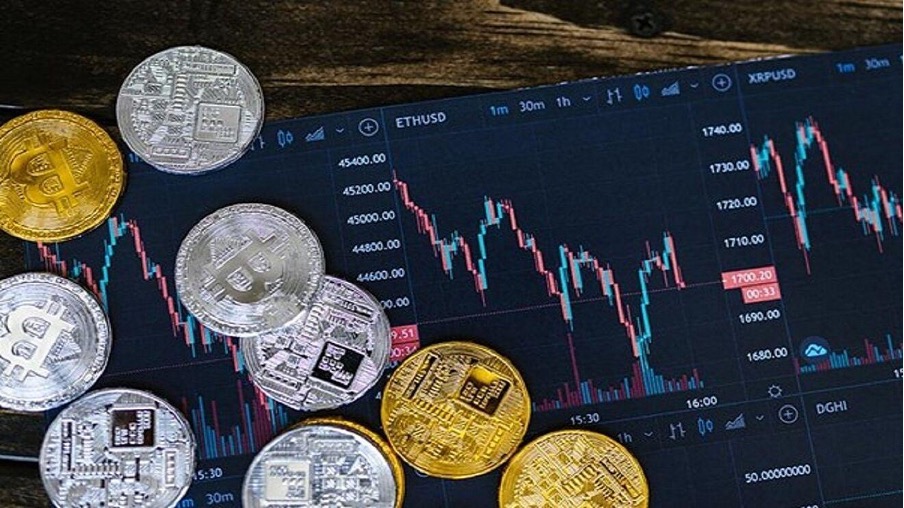
Crypto liquidity aggregators are websites or apps that make it easy for people to purchase and sell crypto assets directly without an intermediary. These platforms connect buyers and sellers directly to each other via crypto liquidity aggregation, thus creating a better and more effective market for all participants involved.
Aggregators of crypto liquidity operate by receiving an order from a purchaser and searching for a seller willing to fulfil that order. When a suitable match is found, the trade is completed, and the buyer gets the desired cryptocurrency. Afterwards, the sellers go through the same process in the opposite direction. Cryptocurrency liquidity aggregators ensure a smooth trading process by connecting people who want to buy and sell.
Crypto liquidity aggregators offer several advantages for buyers. Thus, they provide more visibility to potential buyers, allowing them to reach a larger market. They also ensure that buyers get the best asset price, maximising their profits. Furthermore, automation makes the selling process easier and more efficient, saving buyers time and effort.
The aggregators also help sellers reach more buyers by showing their coins or tokens on different exchanges, enabling them to sell their assets faster and easier. Also, these platforms can assist sellers in getting the highest price for their assets by keeping track of prices on various exchanges and sending orders to the exchange with the best prices.
However, there are some risks associated with crypto liquidity aggregators. The aggregators, which connect buyers and sellers directly, pose fraud risks due to difficulty verifying identities. Also, such aggregators typically have large amounts of crypto in their wallets, making them an attractive target for hackers. Moreover, crypto liquidity aggregators are less regulated than traditional exchanges, which pose a high risk of fraud and manipulation. Additionally, the lack of user information makes such platforms susceptible to money laundering.
Crypto liquidity aggregators have the potential to revolutionise asset trading by bringing more buyers and sellers together, offering lower fees, and providing more privacy than traditional exchanges. Despite the challenges, they could enhance market efficiency.









